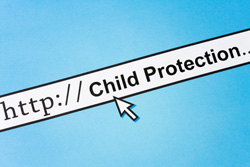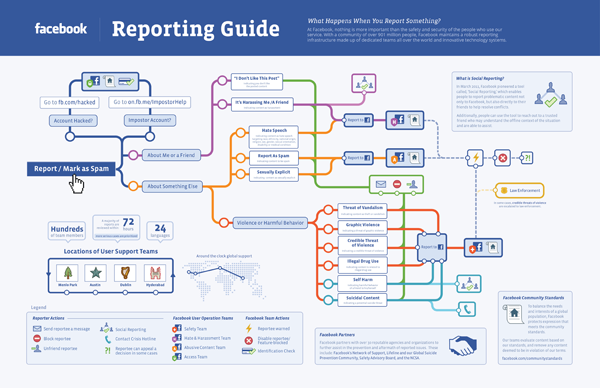 Louisiana recently passed a law that requires sex offenders and child predators to disclose their criminal status, other details about their conviction and information regarding their physical characteristics and residential address on Facebook and profiles on other social networks.
Louisiana recently passed a law that requires sex offenders and child predators to disclose their criminal status, other details about their conviction and information regarding their physical characteristics and residential address on Facebook and profiles on other social networks.
Jeff Thompson(R), the sponsor of the bill, believes the law will be upheld in the courts because it expands sex offender registration requirements. This is a different approach from laws that have sought outright bans of Internet or social networking site usage by convicted sex offenders.
Thompson, the father of a 13-year-old daughter and a 9-year-old son, acknowledges that Facebook and other social sites remove sex offenders, but his law was created to prevent possible lapses. Thompson believes the policing and removal of sex offenders and predators should not be left exclusively to social site administrators, and this new law gives prosecutors another tool to keep these heinous offenders in check.
Facebook doesn’t believe the law will have much impact on the site, since sex offenders are banned from using the social network. It’s ‘Statement of Rights and Responsibilities’ reads, “You will not use Facebook if you are a convicted sex offender.”
In actuality, the new law puts convicted sex offenders and predators in between the proverbial rock and a hard place. If they comply with the new law, then users will find it that much easier to report them to Facebook and to law enforcement authorities. This would obviously result in their account being shut down and further legal action against them. Granted, we don’t believe most offenders would be foolish or brazen enough to take this approach.
A more likely scenario is that sex offenders will try to circumvent the reporting requirements of the new law. This would result in the imposition of severe penal actions. CNN reports that “violators of the new law could face imprisonment with hard labor for a term between two and 10 years without parole and a fine up to $1,000. A second conviction carries a maximum penalty of imprisonment with hard labor for a term between five and 20 years without parole and a fine up to $3,000.” Hopefully, this will be enough to deter the predators from joining social sites in the first place.
Thompson consulted prosecutors and the Louisiana Attorney General while drafting the legislation. The law goes into effect August 1, 2012, and he is hopeful that other states will follow suit.
Recommended Resources
BitDefender Safego is a Facebook application you can install that will scan your News Feed and help keep you safe from scams on Facebook.
PRIVATE WiFi® is a Personal VPN that encrypts everything you send and receive. Don’t access Facebook from a public WiFi hotspot without it.
Do Not Track + is a FREE browser plugin created by Abine. This easy to install plugin keeps websites from tracking you. If you value your online privacy, then you should definitely take advantage of this free product.
Action Alert | Free Parental Control offers a 100% free Internet safety solution designed for parents. There is also a Maximum Protection option for parents that need a more advanced set of tools.

 Previous post
Previous post
 Next post
Next post





